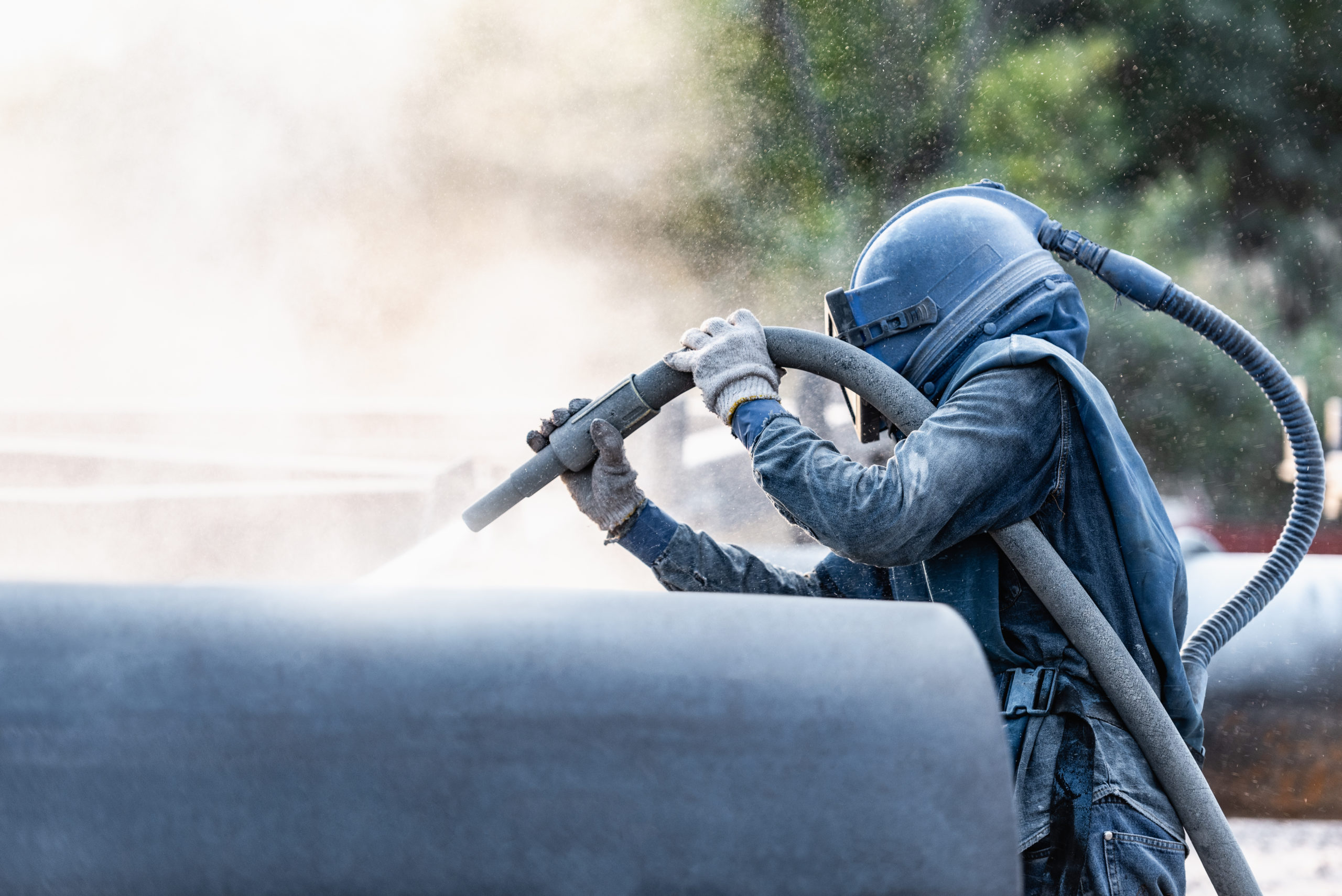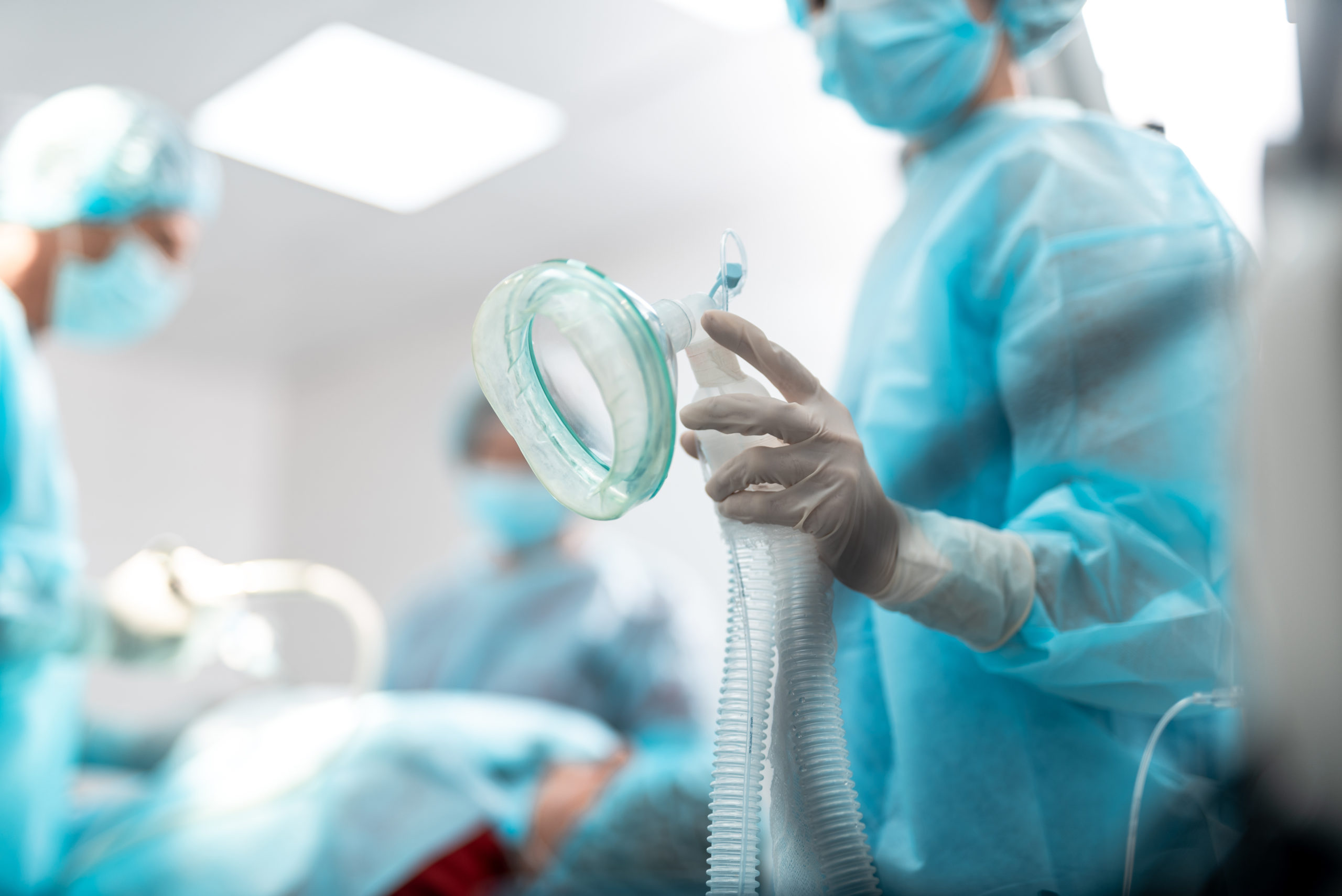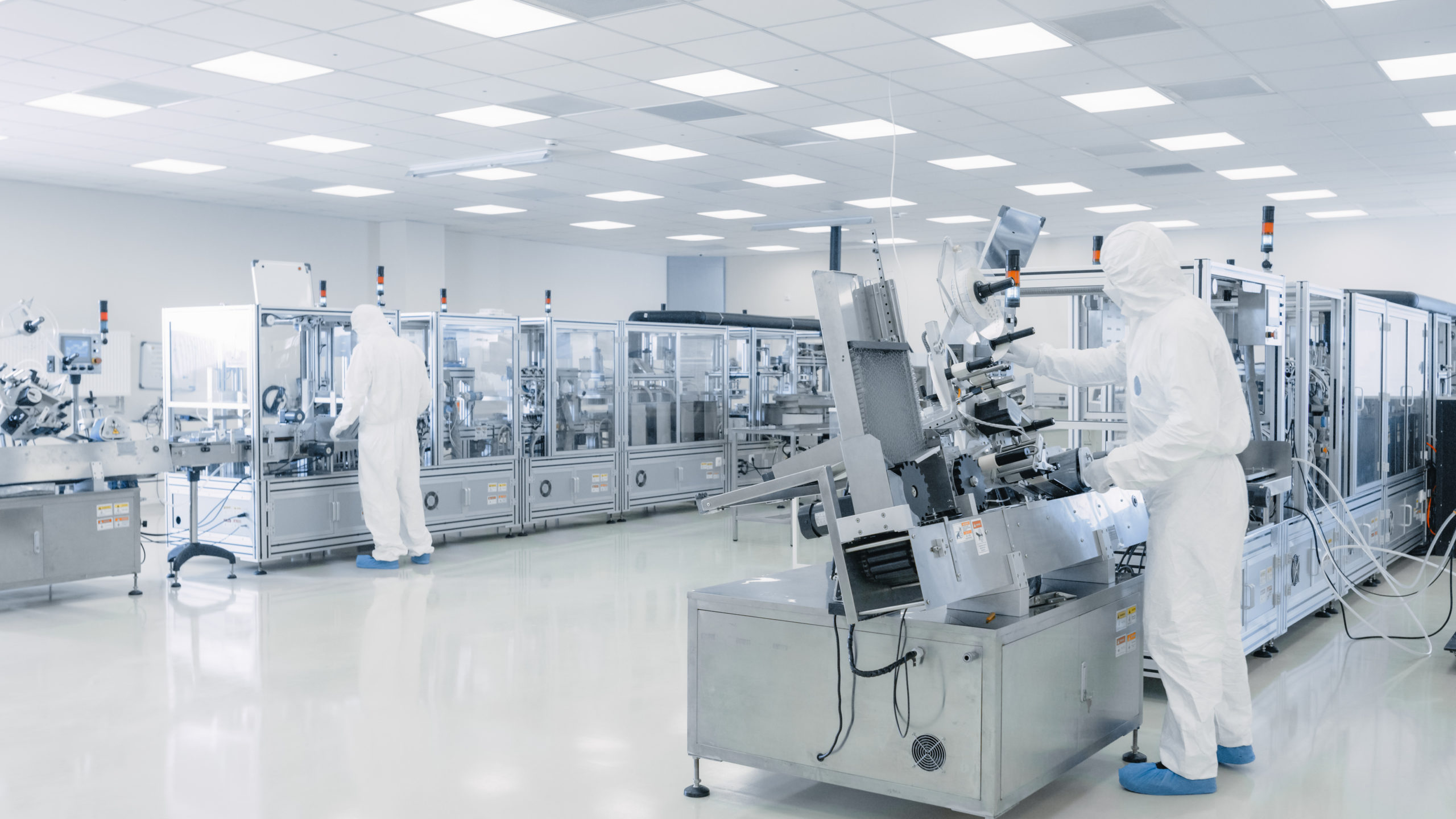Mold Contamination
Trace Analytics offers mold identification through total fungal count, separating yeasts and molds.
Mold Contamination – Compressed Air Testing
Filamentous fungi or what are generically termed “molds” are a natural part of the environment and can be found almost anywhere that moisture and oxygen are present, like ambient air. Molds, along with yeasts, belong to the kingdom Fungi and live in moist places such as soil, plants, and dead or decaying matter. Although molds play a pivotal role outdoors, their growth should be avoided indoors, particularly in manufacturing plants.
Since the environment contains an abundance of mold that range from .50µm to the largest organism on Earth, it’s safe to assume filtering your air is vital to delivering clean compressed air to your end-product or process. For reference, 1µm is one-millionth of a meter, or 1/25,400th of an inch (the width of human hair is ~60-120µm wide). The intake air, or ambient air, that is drawn into a compressed air system can contaminate the delivery piping system with mold spores and hyphae if conditions are right. Oil droplets, water condensate, and air can create a particularly favorable breeding ground for mold to grow.
Mold is a particularly versatile microbe and can grow almost anywhere in either warm or cold conditions. No type of manufacturer is free of risk areas associated with mold contamination.
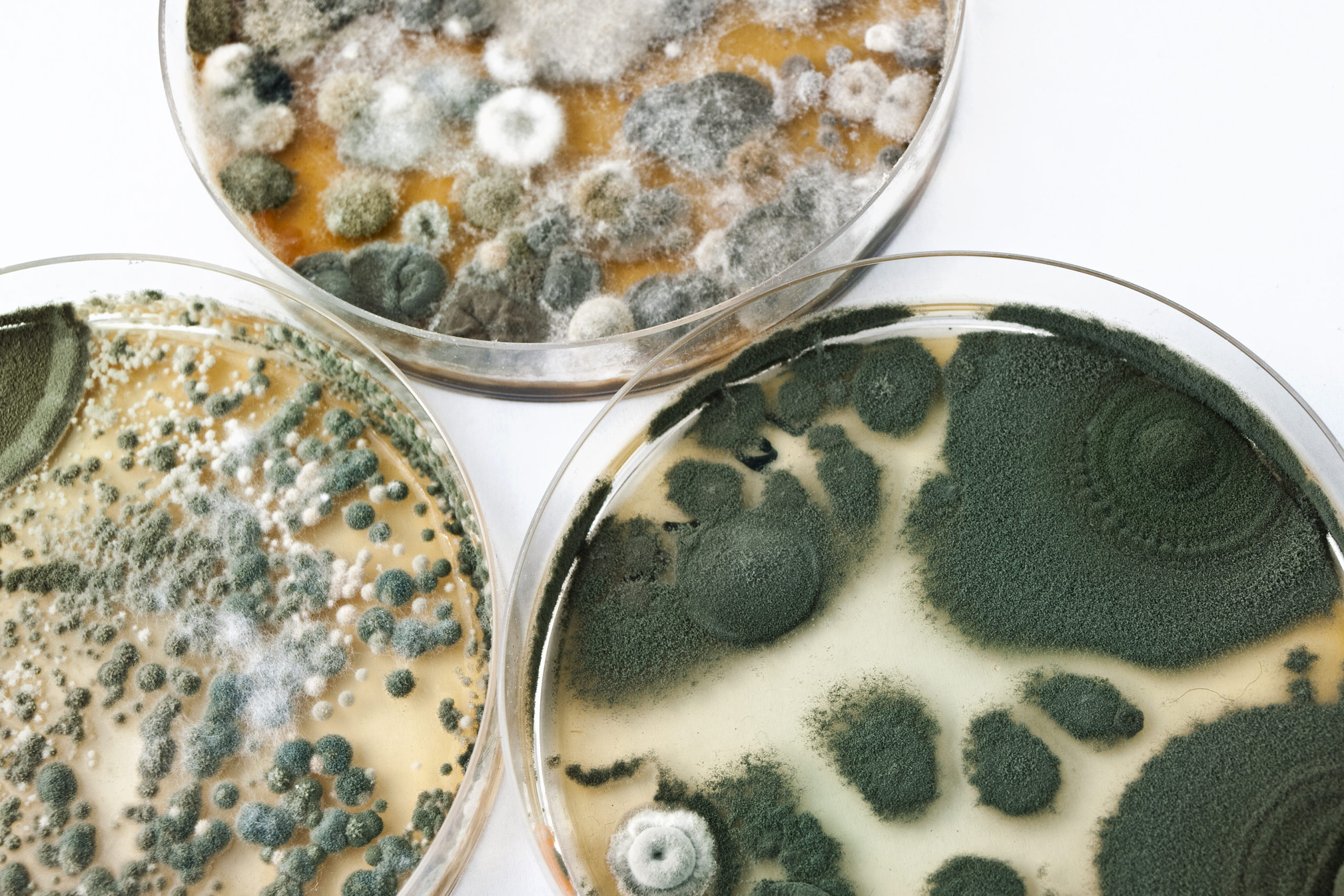
Who Is At Risk for Mold Contamination?
Molds can grow on almost any type of food; therefore, food and beverage manufacturers should be particularly cautious of mold contamination as it results in spoilage of their product. Molds can produce spores which are easily transported via air, water, or human cross-contamination.
Some molds are capable of creating elaborate secondary metabolites (e.g. antibiotics, toxins) that range from penicillin (Penicillium spp.) to serious health threats like mycotoxins (Aspergillus spp.). Additionally, fungal contamination of food products can cause negative effects on their quality. It can alter their nutritional and flavor properties or cause allergies, all of which can consequently lead to profit losses.
Pharmaceutical products are not exempt from potential fungal contamination. Mold found in non-sterile products is one of the major reasons for product recalls, production shutdowns, and losses in labor and manufacturing. With sterile products, any microbial contamination presents an unacceptable risk. The implications of contamination of non-sterile products are dependent upon many factors, including, patient harm. Whether compressed air/gas is being used for pill sorting, cutting, cleaning or mixing, fungal spores and hyphae need to be addressed in risk assessments when developing microbial testing procedures.
Consequences of Mold Contamination
Mentioned above, Penicillium is a mold that creates the antibiotic penicillin. It is also extremely common in ambient air, thrives in warm or cool environments, can survive high-pressure environments and creates spores. Contamination of penicillin or any fungal secondary metabolite with antibacterial properties in consumables are not desirable, and might eventually lead to the development of bacterial resistance if left unchecked. Several cases of bacterial resistance due to frequent exposure to these fungal metabolites have been reported in farm animals. Bacterial resistance can make the treatment of common illnesses very difficult or impossible.
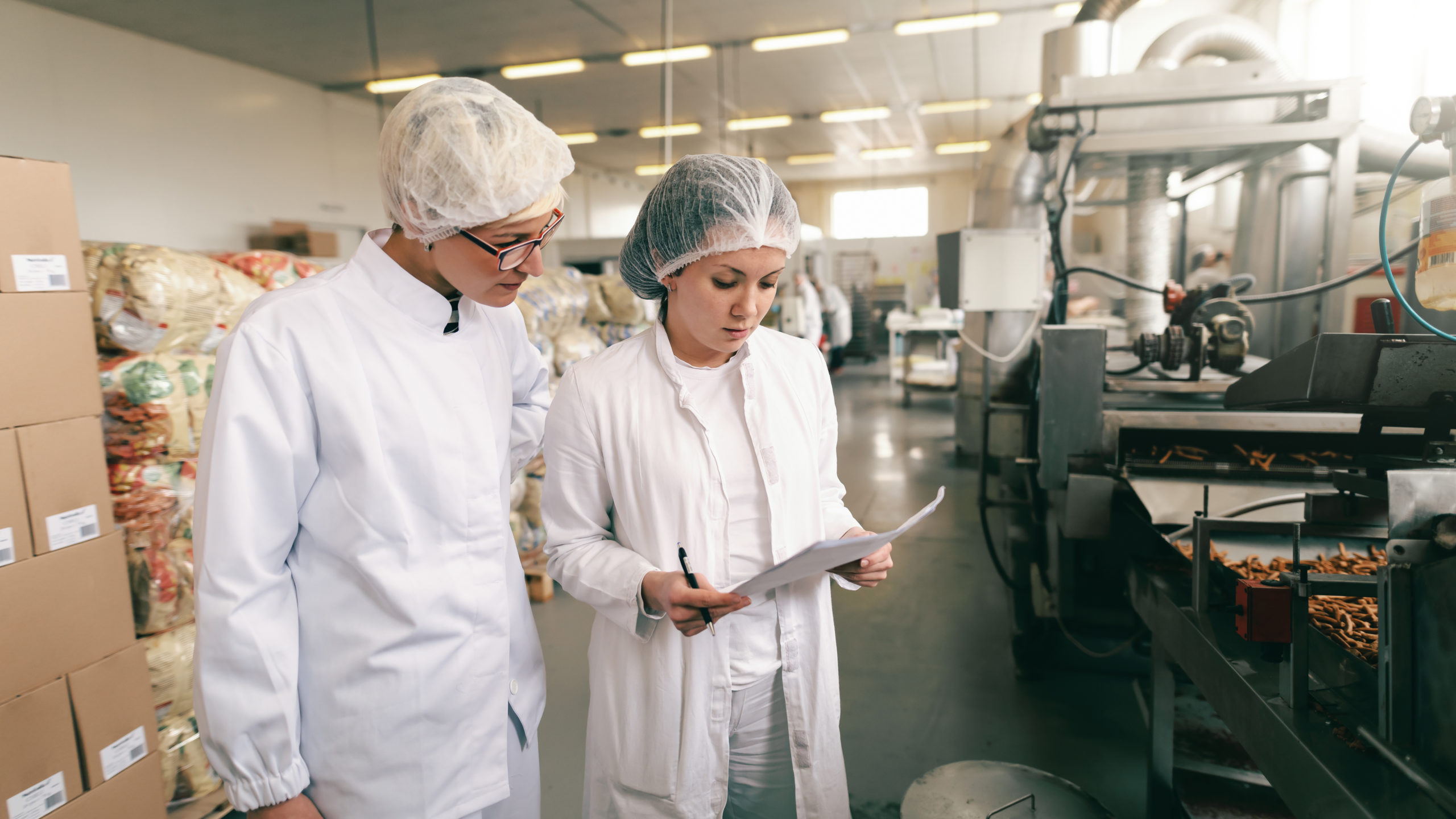
Mold contamination can pose a serious problem if left untreated, either in piping systems or structurally. Inhaling or touching mold or mold spores may cause allergic reactions for sensitive individuals. Mold does not need to be alive to cause an allergic reaction, animals and humans can have immunological responses (e.g. allergies, hives, nausea) to the organisms in either case.
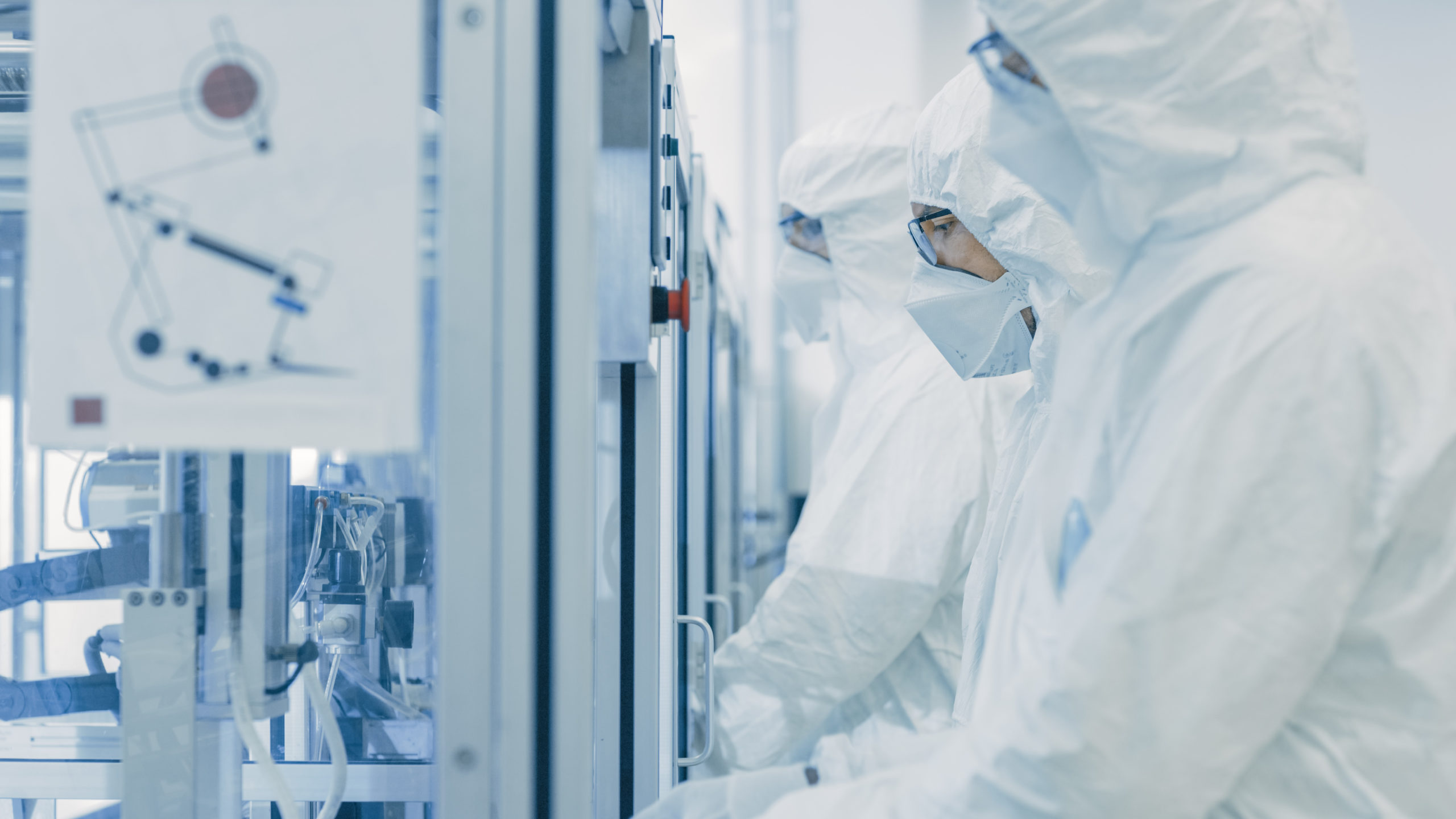
Mycotoxins occur more frequently in areas with a hot and humid climate, like a drip pan by an air compressor outside in the summer. Mycotoxins can cause loss of human and animal life, increased health care and veterinary care costs, reduced livestock production, disposal of contaminated foods, feed, pharma products, and investment in research and applications to reduce severity of the mycotoxin problem.

While all mycotoxins are of fungal origin, not all toxic compounds produced by fungi are called mycotoxins. The target and concentration of the metabolite are both important. With pharmaceutical products, the two major hazards are aerosols, through the inhalation of spores (such as inhalers); and skin, through the rubbing in of creams and ointments (many fungi live off keratin, a protein that makes up skin, hair, and nails).
How Location Impacts Contamination
Both environmental and compressed air points-of-use must be regularly monitored for mold and microbial growth. Since mold is so dependent on moisture, and seasonal changes often cause moisture change, outdoor units need to be evaluated more often than once a year. Trend analyses only function if the graphs have multiple points to analyze. Outdoor units are subject to bird feces, dust, dirt, and traffic contaminants. Indoor units might have contamination from foot traffic and dust.
Completely remediating mold contamination in compressed air piping systems and intake areas is impossible. However, facilities can reduce the number of spores and hyphae in compressed air systems by controlling mold growth conditions. Mold spores will not grow if moisture is not present. Compressed air dryers and adequate point-of-use filters must be employed to prevent microbial contamination.

Testing Made SimpleAccurateEasy
Trace Analytics’ laboratory is accredited by the American Association for Laboratory Accreditation. We use state-of-the-art lab equipment that allows us to analyze hundreds of compressed air and environmental samples daily. The result is consistency, accuracy, precision, and rapid turnaround. Trace is an A2LA accredited laboratory complying with ISO 17025, certificate #0322-01.

